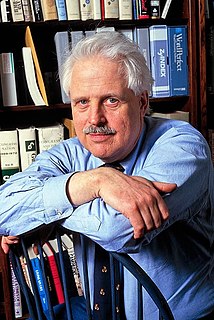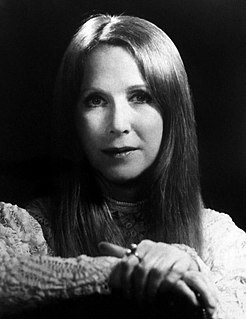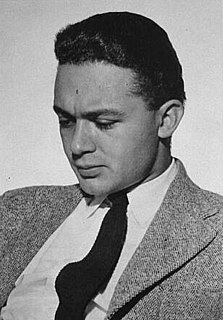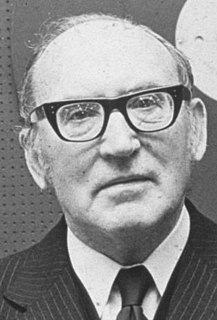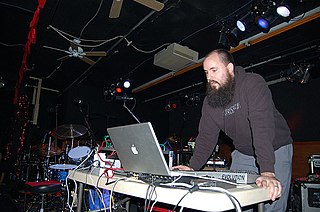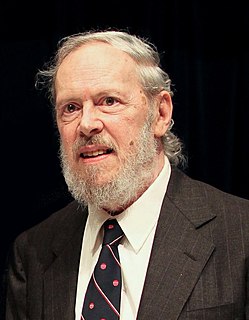A Quote by Nicholas von Hoffman
What the computer can do in art and design has turned aesthetics on its head... with the computer, things are not so much created as they are produced, with the producer-director becoming the star and the controlling force of much that was in other hands at other times.
Related Quotes
What is the central core of the subject [computer science]? What is it that distinguishes it from the separate subjects with which it is related? What is the linking thread which gathers these disparate branches into a single discipline. My answer to these questions is simple -it is the art of programming a computer. It is the art of designing efficient and elegant methods of getting a computer to solve problems, theoretical or practical, small or large, simple or complex. It is the art of translating this design into an effective and accurate computer program.
I've never been much of a computer guy at least in terms of playing with computers. Actually until I was about 11 I didn't use a computer for preparing for games at all. Now, obviously, the computer is an important tool for me preparing for my games. I analyze when I'm on the computer, either my games or my opponents. But mostly my own.
Composing computer programs to solve scientific problems is like writing poetry. You must choose every word with care and link it with the other words in perfect syntax. There is no place for verbosity or carelessness. To become fluent in a computer lnaguage demands almost the antithesis of modern loose thinking. It requires many interactive sessions, the hands-on use of the device. You do not learn a foreign language from a book, rather you have to live in the country for year to let the langauge become an automatic part of you, and the same is true for computer languages.
In the judgment of design engineers, the ordinary means of communicating with a computer are entirely inadequate. [...] Graphical communication in some form or other is of vital importance in engineering as that subject is now conducted; we must either provide the capability in our computer systems, or take on the impossible task of training up a future race of engineers conditioned to think in a different way.
Obviously, the person who had most influence on my career was Ken Thompson. Unix was basically his, likewise C's predecessor, likewise much of the basis of Plan 9 (though Rob Pike was the real force in getting it together). And in the meantime Ken created the first computer chess master and pretty much rewrote the book on chess endgames. He is quite a phenomenon.
